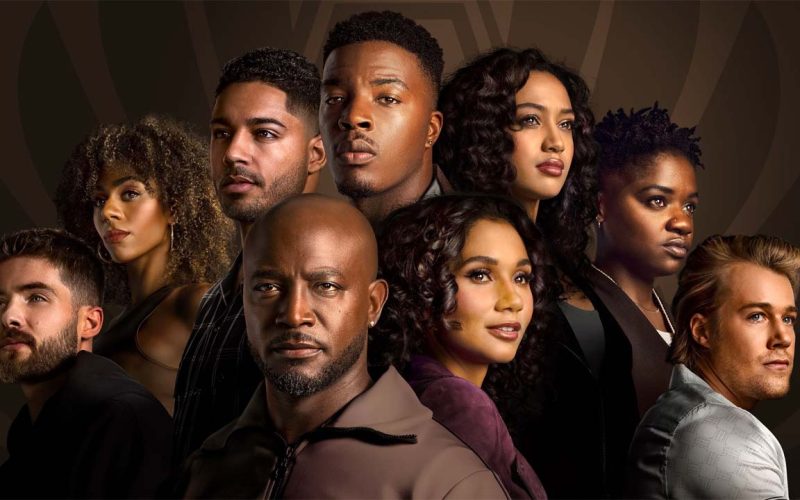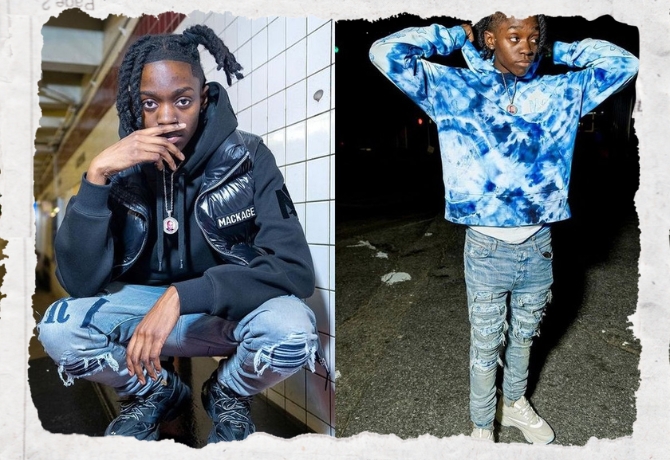Introduction
Representation in film and media is a critical aspect of storytelling that shapes how audiences perceive the world around them. In recent years, the conversation about diversity in media has grown, highlighting the need for films and shows to reflect the wide variety of people, cultures, and perspectives that exist in society. This article delves into the importance of representation, its impact on both the media industry and its audience, and why it is necessary for creating more inclusive and authentic narratives.
What is Representation in Film and Media?

Representation means showing different groups of people in media, like in films and TV shows. This includes people of different races, genders, sexual orientations, abilities, and social classes. It’s important for media to include diverse characters and stories that reflect real life. In the past, media often showed limited or biased views of certain groups, which made it harder for people to understand each other. Now, there’s a growing effort to make sure all voices are heard and that stories and characters are more true to the world we live in.
The Role of Representation in Shaping Cultural Perceptions
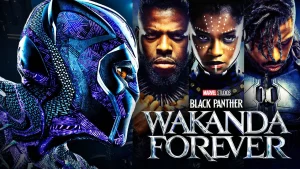
Representation in film and media has a powerful impact on how people see the world. When people see characters like themselves in movies and TV shows, they feel recognized and understood. But when they don’t see themselves represented, it can make them feel ignored or left out. Showing diverse cultures and identities in media helps make different experiences feel normal and can reduce prejudice.
For example, Black Panther, a superhero movie with mostly Black actors, told stories centered on African culture. It wasn’t just a fun movie it was also important for bringing African representation to the front. This kind of representation helps everyone see people from all backgrounds as heroes and role models.
Representation and Its Impact on Identity and Self-Esteem
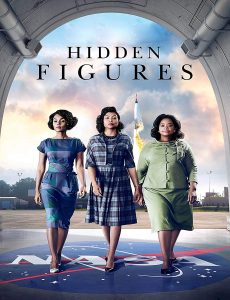
Representation in media is important for shaping how people see themselves and how they feel about who they are. For young people, especially, seeing characters who look like them and have similar experiences can make them feel strong and confident. When diverse characters are shown in a positive way, it helps build pride and self-worth. But negative stereotypes can make people feel less valuable and keep harmful beliefs alive.
For example, think about women in movies. Strong, smart female characters who are leaders or heroes can inspire young girls and help them believe they can be successful too. On the other hand, if there aren’t many well-developed female characters, it can limit what society expects from women.
The Impact of Media Representation on Society’s Perceptions of Diversity
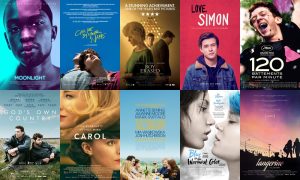
How media shows different groups of people can affect how society sees them. Media images have a big influence on how we think about race, gender, sexual orientation, and other parts of identity. When groups are shown wrongly or not enough, it can lead to misunderstandings and reinforce stereotypes. This is especially true when certain groups are shown in a bad way or not as real, complex people.
For example, LGBTQ+ characters used to be shown very little and often in negative ways. But now, as more LGBTQ+ characters are shown in positive and complex roles, people are becoming more accepting and understanding of different sexual orientations and gender identities.
The Benefits of Inclusive Representation in Media

Inclusive representation has many benefits. It not only shows a more accurate picture of the world, but it also helps create a society that is more understanding and caring. When media reflects the different experiences of people, it helps us connect and understand each other better.
Inclusive representation also helps the media industry. Audiences are more likely to watch content that feels like their own experiences. Movies, shows, and other media with diverse characters and stories can do well at the box office and in other areas. Films like Crazy Rich Asians and The Farewell show that there is a big audience for diverse stories, proving that inclusion can be both culturally important and financially successful.
How Representation Helps Break Down Stereotypes

Representation in media can play a big role in breaking down stereotypes. When media shows people from different groups as complex, unique individuals, it helps challenge the false ideas that are often spread by stereotypes. For example, showing women in leadership roles or portraying people with disabilities as strong and independent helps shift the narrative away from limiting and harmful stereotypes. By showing a wider range of characters, media can teach audiences that no one group is defined by a single story or characteristic.
Why Representation Benefits the Entertainment Industry

Representation is not only important for social reasons, but it also benefits the entertainment industry itself. Films and shows that feature diverse characters and stories often perform better at the box office and attract larger audiences. People want to see themselves reflected in the media, and when they do, they are more likely to engage with the content. Movies and TV shows that embrace diversity are more likely to create a loyal fanbase, leading to greater success for the production companies.
Challenges to Representation in Film and Media
While the push for more representation in media is growing, there are still many challenges. One of the biggest obstacles is the lack of opportunities for people from diverse backgrounds to be involved in filmmaking, whether as actors, writers, or directors. Stereotyping is another challenge. Even when diverse characters are included, they are often shown in limited or harmful ways. These issues show that while progress is being made, there is still a long way to go to ensure equal and fair representation for everyone.
The Future of Representation in Film and Media
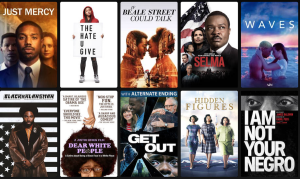
The future of representation in film and media looks promising, but there is still work to be done. More production companies are recognizing the importance of diversity and are making efforts to hire writers, directors, and actors from a variety of backgrounds. As more diverse voices enter the industry, we can expect to see more authentic, inclusive storytelling that reflects the complexity of the world around us.
Moreover, the rise of streaming platforms like Netflix, Amazon Prime, and Disney+ has created new opportunities for diverse content to flourish. These platforms have become spaces where a broader range of voices can be heard, with shows and films that might not have been given a chance in traditional cinema now finding success and a dedicated audience.
Analysis Table: The Impact of Representation in Film and Media
| Factor | Positive Impact | Negative Impact |
|---|---|---|
| Cultural Perceptions | Promotes understanding, reduces prejudice | Reinforces stereotypes, fosters misunderstanding |
| Identity and Self-Esteem | Boosts confidence, validates individual identities | Perpetuates feelings of invisibility and inferiority |
| Social Diversity | Increases acceptance and empathy | Fosters divisions and biases if underrepresented |
| Industry Growth | Attracts diverse audiences, drives financial success | Limits audience engagement and cultural relevance |
Comparative Table: Representation Across Different Media Types
| Media Type | Current State of Representation | Challenges to Representation |
|---|---|---|
| Film | Increasing diversity, but still many barriers | Stereotyping, limited roles for marginalized groups |
| Television | More diverse shows, with significant progress | Focus on certain types of diversity over others |
| Streaming Platforms | Wide range of diverse stories and characters | Unequal access to behind-the-scenes opportunities |
| Social Media | Provides a platform for diverse voices | Risks of misrepresentation and lack of regulation |
Conclusion
In conclusion, representation in film and media is crucial not only for reflecting the diversity of our world but also for shaping how we understand and empathize with one another. As the industry continues to evolve, there is hope that we will see even more accurate, inclusive, and diverse representations that break down stereotypes and provide opportunities for marginalized communities. By supporting diverse media and encouraging inclusive storytelling, we can ensure that the future of film and media is one that represents all voices.






